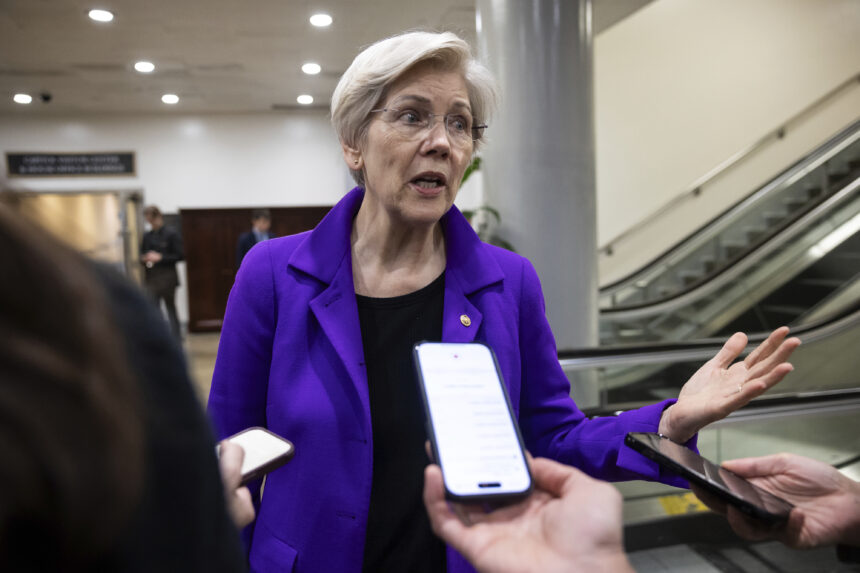Sen. Elizabeth Warren (D-Mass.), a vocal critic of the American healthcare system, spoke out against the assassination of UnitedHealthcare CEO Brian Thompson on Tuesday. In an interview with the Huffington Post, Warren condemned the violence but noted that people can only tolerate so much mistreatment.
Warren emphasized the widespread frustration among Americans towards insurance companies, pointing to the public support for Luigi Mangione, a suspect in Thompson’s murder. She stressed that while violence is never justified, the mounting anger reflects the deep-seated issues within the healthcare system.
Following the publication of the initial report, Warren clarified her stance, stating unequivocally that violence is never acceptable. She underscored the need for peaceful solutions to address grievances.
Mangione, a 26-year-old graduate, faces multiple charges in connection with Thompson’s death. Fingerprints found at the crime scene in midtown Manhattan reportedly matched his prints, leading to his arrest. The bullet casings at the scene bore cryptic messages like “deny,” “defend,” and “depose,” possibly referencing the tactics outlined in Jay Feinman’s book on insurance practices.
Sen. Bernie Sanders (I-Vt.), another critic of the healthcare industry, condemned Thompson’s murder as outrageous. He highlighted the public’s frustration with insurance companies denying essential healthcare while reaping enormous profits. Sanders reiterated the belief that healthcare is a fundamental human right.
In contrast, Sen. John Fetterman of Pennsylvania bluntly denounced Mangione, labeling him as an “asshole” who will face consequences. Fetterman’s candid remarks underscored the severity of the situation and the need for accountability.
The tragic incident involving Thompson’s assassination serves as a stark reminder of the deep-rooted issues within the healthcare system. As lawmakers and advocates continue to push for reforms, it is crucial to address the underlying causes of frustration and ensure that all individuals have access to quality healthcare without resorting to violence.







